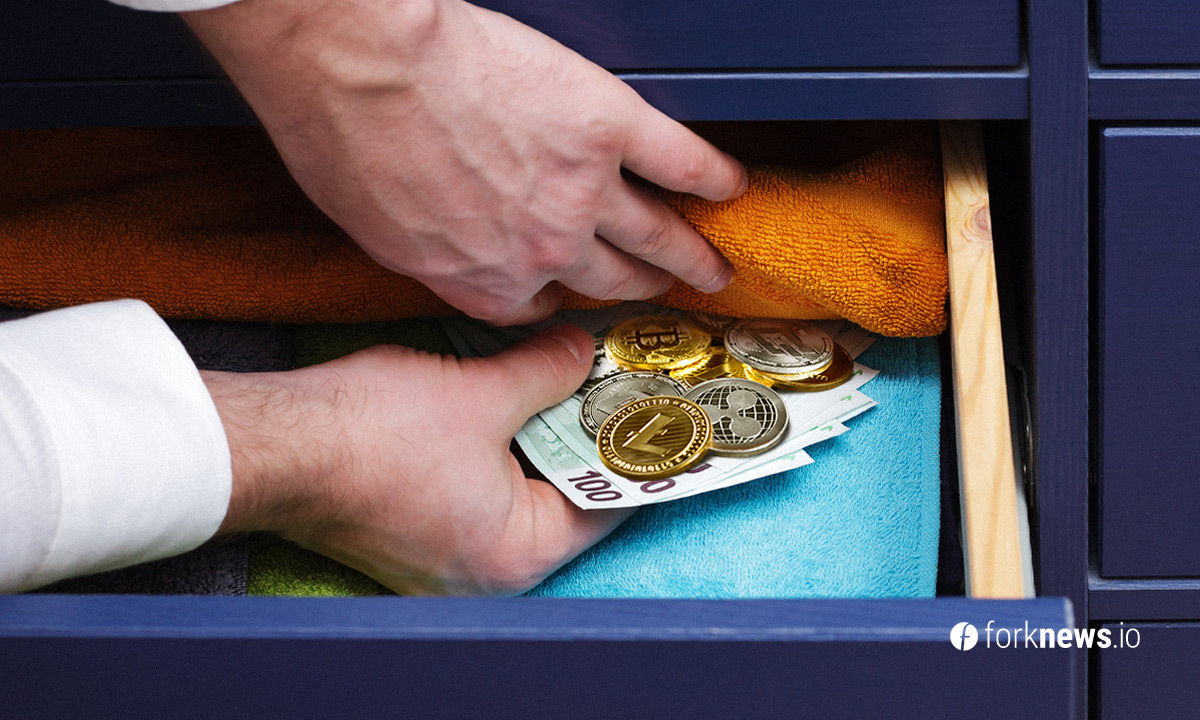
There are many types of crypto wallets today, and each of them has its own trade-offs betweensafety and convenience.
Online wallet
Software that stores payment informationuser information and passwords. There are three main types of online wallets – desktop, online and mobile. Each offers a different combination of convenience and security.
Desktop wallets– this is software thatinstalled on the computer. They give complete control over assets, but remain vulnerable when connected to the Internet. A malware infection, remote computer takeover, or hard drive failure can spell disaster.
Online walletsposted on the website. This makes them convenient because they are accessible from any device connected to the Internet. The downside: private keys are (in theory) known to the website owner.
Mobile Application Walletsoptimized for retail transactions, i.e.to pay for purchases with cryptocurrency. But since the encryption keys are stored on the phone, you can lose all your assets if you lose your device.
Local wallet
Another type of wallet that can be downloaded atthe official website of the crypto project as a browser extension or an application for stationary and mobile devices. Coins can only be accessed when connected to the network. If the device itself is lost, the assets can be returned to the owner. The mobile version of the local wallet is convenient for permanent access to assets. On a stationary device, it is advised to store cryptocurrency using the Proof of Stake algorithm. However, this will require a complete download of the blockchain of the selected asset.
Cold walletand
Cold storage – this is bitcoin storageand their private keys offline for greater security. Because private keys are never exposed online, the security level of cold storage can be significantly higher than other methods. These include hardware and paper wallets.
Hardware wallets – the safest way to store cryptocurrencies. A wallet is a removable flash drive like Trezor and Ledger that generate public and private keys and store them offline. Hacking a wallet requires physical access to it, which minimizes risks.
Paper wallet – this is a sheet of paperwhich contains the private and public keys of its owner. A paper wallet is considered one of the best practices to keep your private key safe.
Exchanges
Exchanges may seem like a desirable option for those who want to safely store assets as they provide a quick and easy way to transfer cryptocurrency.
Popular centralized exchanges make it easy to accessto cryptoassets and store them for day-to-day transactions. However, if you are not trading crypto, it is not advisable to leave it in the custody of exchanges. Exchanges have been hacked numerous times, are subject to government regulation and technical difficulties, and as such are not secure to store. When such an exchange is closed or hacked, the user loses money.
Security basics
Regardless of the storage method you choose, remember – whoever controls the private keys controls the coins attached to those keys. Basic safety rules:
</p>- any device connected to the Internet is vulnerable;
- strong password – main defense;
- backups – better than memory;
- seed phrase – the main opportunity to restore your wallet.
Subscribe to ForkNews on Telegram





